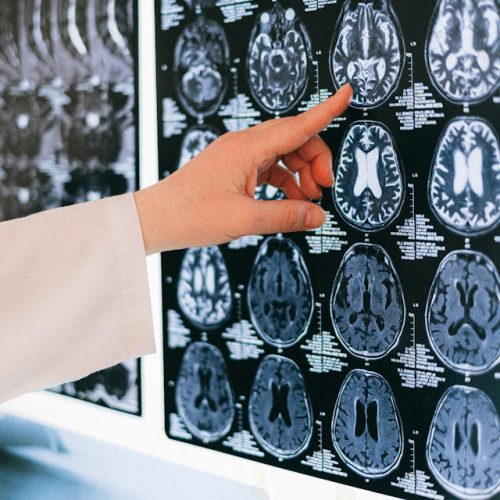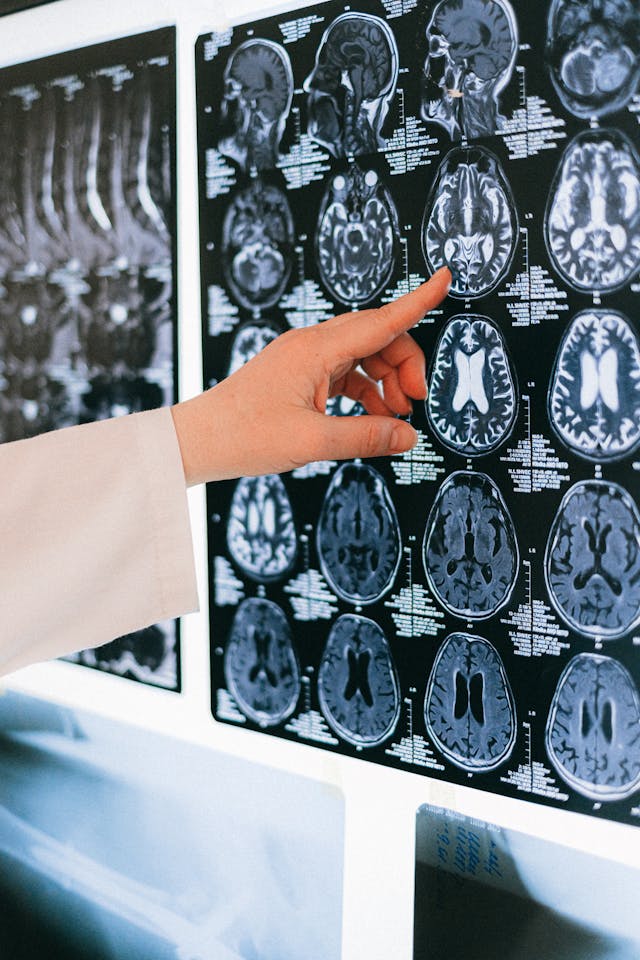Postural Orthostatic Tachycardia Syndrome (POTS) is a condition that affects blood flow, leading to a range of symptoms when moving from a lying to a standing position. This chronic condition can significantly impact daily life and has been increasingly linked to depression. Understanding the relationship between POTS and depression is crucial for effective management and improving the quality of life for those affected.
Symptoms and Signs
Symptoms of POTS:
- Rapid Heart Rate: An increase in heart rate of more than 30 beats per minute upon standing.
- Dizziness and Lightheadedness: Feeling faint or dizzy when standing up.
- Fatigue: Chronic tiredness that doesn’t improve with rest.
- Palpitations: Noticeable heartbeats that feel irregular or too fast.
- Chest Pain: Discomfort or pain in the chest.
- Shortness of Breath: Difficulty breathing or feeling breathless.
- Nausea: Feeling sick to the stomach.
- Tremors: Shaking or trembling of the hands or body.
- Brain Fog: Difficulty concentrating, memory problems, and mental fatigue.
Symptoms of Depression:
- Persistent Sadness: Ongoing feelings of sadness or emptiness.
- Loss of Interest: Decreased interest in activities once enjoyed.
- Appetite Changes: Significant weight loss or gain unrelated to dieting.
- Sleep Disturbances: Insomnia or excessive sleeping.
- Fatigue: Persistent lack of energy.
- Feelings of Worthlessness: Excessive guilt or feelings of inadequacy.
- Difficulty Concentrating: Trouble focusing, making decisions, or remembering things.
- Suicidal Thoughts: Thoughts of death or suicide.
Causes and Risk Factors
Causes of POTS:
- Autonomic Nervous System Dysfunction: Problems with the part of the nervous system that controls involuntary functions.
- Low Blood Volume: Reduced blood volume can contribute to POTS symptoms.
- Genetic Factors: Family history of POTS or related conditions.
- Autoimmune Diseases: Conditions where the immune system attacks healthy tissue.
- Infections: Some cases of POTS appear after a viral illness.
- Physical Deconditioning: Prolonged inactivity or bed rest.
Risk Factors for POTS and Depression:
- Chronic Illness: Long-term health conditions can lead to emotional and psychological stress.
- Disability: POTS can cause significant impairment in daily activities, leading to frustration and sadness.
- Stress and Anxiety: Chronic illness and its symptoms can increase stress and anxiety levels, contributing to depression.
- Hormonal Changes: Especially in women, hormonal fluctuations can trigger both POTS symptoms and affect mood.
Diagnosis
Diagnosing POTS and depression involves a comprehensive approach:
- Medical History: Review of personal and family medical history, including POTS symptoms and emotional health.
- Physical Examination: Assessment of physical symptoms and heart rate response to standing.
- Tilt Table Test: A test to monitor changes in heart rate and blood pressure upon changing positions.
- Blood Tests: To rule out other conditions and check for markers of inflammation or autoimmune diseases.
- Mental Health Evaluation: Questionnaires and interviews to assess mood, behavior, and thoughts.
Treatment for POTS:
- Medications: Beta-blockers, fludrocortisone, and midodrine to manage symptoms.
- Lifestyle Changes: Increasing salt and fluid intake, wearing compression stockings, and gradual physical conditioning.
- Dietary Adjustments: Small, frequent meals and avoiding triggers such as caffeine and alcohol.
- Physical Therapy: Exercises to improve blood flow and reduce symptoms.
Treatment for Depression:
- Medication: Antidepressants to help balance brain chemicals.
- Therapy: Cognitive Behavioral Therapy (CBT) and other forms of counseling.
- Lifestyle Changes: Incorporating stress management techniques, regular exercise, and a balanced diet.
- Support Groups: Joining depression support groups for shared experiences and support.
Prevention
Preventing POTS and managing depression involves adopting healthy habits and proactive strategies:
- Healthy Lifestyle: Maintaining a balanced diet, regular exercise, and a healthy weight.
- Avoiding Triggers: Identifying and avoiding personal triggers for POTS symptoms.
- Stress Management: Practicing relaxation techniques like meditation, yoga, and deep breathing exercises.
- Regular Sleep Schedule: Ensuring consistent sleep patterns to reduce symptoms and improve mood.
- Routine Medical Check-Ups: Regular visits to healthcare providers to monitor and manage symptoms.
Talking to Your Doctor
If you suspect that POTS might be contributing to your depression, it’s essential to talk to your doctor. Here are some steps to take:
- Prepare Your Symptoms: Keep a detailed record of both your physical and psychological symptoms.
- Medical History: Share your complete medical history, including any family history of POTS or depression.
- Ask About Tests: Inquire about specific tests for diagnosing POTS and assessing mental health.
- Discuss Treatment Options: Explore possible treatment plans that address both POTS and depression.
Disclaimer
This article is for educational purposes based on my research. I am not a doctor nor a health advisor. None of the information in this article should be considered without speaking with your primary care doctor first.








